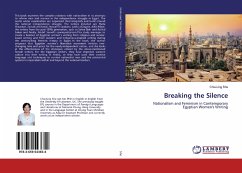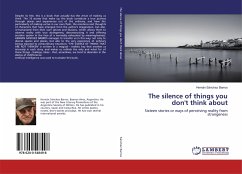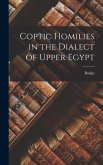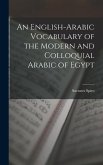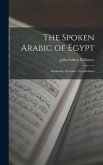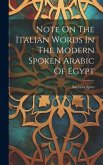This book examines the complex relations with nationalism in its attempts to reform men and women in the independence struggle in Egypt. The works under examination are organized chronologically and build around the national independence struggle. The writers included are Huda Shaarawi, Zainab al-Ghazali, Nawal El Saadawi, Latifa al-Zayyat, Alifa Rifaat, the writers from the post-1970s generation, such as Salwa Bakr and Ibtihal Salem and finally, Ahdaf Soueif's cosmopolitanism.This study manages to create a balance of Egyptian women's writing from religious and secular-based writing and from western and indigenous-inspired writing during the century-long feminist history in Egypt. In the book, the author proposes that Egyptian women's liberation movement initiates ever-changing time and space for the newly-independent nation, and she looks at the effectiveness of the strategies utilized by the above-mentioned female writers. For the Egyptian writers, they have imported western culture into their writing in Arabic, or they have used their creative language and techniques to contest nationalist men and the patriarchal systems in imperialism within and beyond the national borders.
Bitte wählen Sie Ihr Anliegen aus.
Rechnungen
Retourenschein anfordern
Bestellstatus
Storno

